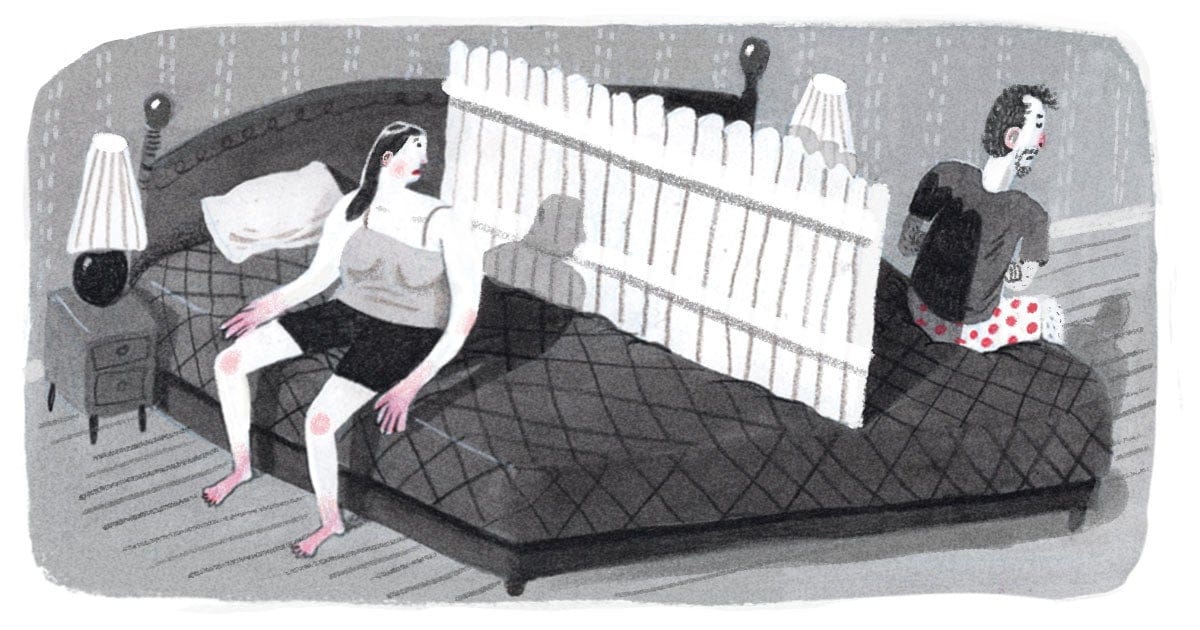The Silent Treatment In A Relationship and Reasons To Stop Practicing it Now

Do you often get pissed off with your partner and choose not to talk with them (at all). Or is it the opposite that you are experiencing?
Well, no matter whether it is you not speaking to your partner or your partner freezing you out if there is a silent treatment in your relationship you might want to consider it as a red flag! Surprised?
I had nearly the same expressions knowing that refusing to talk to my partner, not engaging with each other, or likely completely ignoring each other was a subtle way to tell them that you are hurt! But YIKES! That is not true!
Continue reading to find the massive loopholes of silent treatment in a relationship and find healthy ways to eradicate it from your relationship.
The Silent Treatment

The silent treatment is also called stonewalling and clinically it is referred to as ostracism. John Gottman describes the silent treatment as, “when a listener withdraws from an interaction, refusing to participate or engage, essentially becoming unresponsive.”
He further considers it as one of the four horsemen of the apocalypse in relationships. It is like punishing the partner for something wrong they have done, working like a manipulative skill. Even with no intention to hurt the other person the consequences of silent treatment in a relationship are torturous and upsetting. With repeated instances of the same happening, it adds the element of toxicity to a relationship.
P.S.: Silent treatment is not cooling off! Cooling off doesn’t jeopardize your relationship, unlike silent treatment. Cooling off is about reflecting and then acting but silent treatment is more like baiting or ghosting.
Why STOP the Silent Treatment NOW
The first answer to this WHY is:
“Stonewalling is under the heading of psychological and emotionally abusive things to do,” says Elisabeth Shaw, CEO of Relationships Australia NSW. Anything abusive in a relationship should be Stopped! Other reasons why you should stop practicing silent treatment in your relationship are:
- The silent treatment causes emotional pain in relationships.
- It tempers the self-esteem of the partner.
- The feeling of rejection accompanies silent treatment.
- An individual experiences loss of control in their relationship and in their life due to the silent treatment.
- The meaning of life is lost and the person receiving silent treatment starts to question their existence.
- It decreases the relationship satisfaction between the partners.
- The feeling of intimacy also decreases over time and is soon replaced by feelings of resentment.
- The silent treatment, even if it’s brief, activates the anterior cingulate cortex – the part of the brain that detects physical pain.
This all when repeated frequently not only makes a relationship toxic but also results in depression, self-harm tendencies, and eating disorders in the recipients (a study supports the same).

Image source: Fatherly
Why Do We Practice Silent Treatment at First Place
If silent treatment in a relationship is so bad for both the people involved and the relationship then why do we practice silent treatment? Various psychological reasons explain the same.
1. To Punish the Partner
If the partner does something wrong or inappropriate, silent treatment is often chosen to deal with the situation. The primary and the most common motive behind it is to punish the partner.
2. To Avoid the Conflict
Ignoring the partner and their requests is also driven by the need of avoiding bigger conflicts that would escalate the whole situation otherwise.
3. To Shut Down
To shut down the whole situation and move into a comfortable space, a person may ice out the partner.
4. To Gain Power and Control
By sparing the other person a more harsh and emotionally-driven response is given to them which further gives the message of controlling the other person.
Signs That You Are Getting Silent Treatment In Your Relationship
By now if you are questioning yourself whether I am being given silent treatment in my relationship or not here are some signs for you to check:
- You are being ignored by your partner.
- Your partner pretends that they cannot hear you.
- They won’t acknowledge your feelings and opinions.
- You might find that your needs and requests are being ignored by your partner.
- They might avoid your company at all costs.
- Your partner’s behavior makes you feel ghosted!
Ways To Put An End To Silent Treatment
To counter the Silent Treatment in your relationship here are some tips that you can follow:
1. Communicate
Your partner might not even know that they are freezing you out. Communicate to them about how you have been feeling about their behavior. Make a special note here that you should use I statements here. Keep a note of two things:
- Name the experience that you are feeling (acknowledge them).
- Apart from it, acknowledge the feelings of the other person as well.
You have to be heard by and hear the other person as well. Make it healthy.
2. Suggest them Help
Handling your partner a branch of olive can always help! Ask them to seek professional help if you can relate to these patterns in your relationship. You can seek couple or individual counseling.
3. Keep A Note of Don’ts
While you might be knowing many Do’s to abide by if you are being stonewalled to your partner, here are some don’ts to take care of:
- Do not respond in anger.
- Do not threaten them to end the relationship.
- Do not beg or plead with them as this will give them the message that you are being controlled.
- Do not say sorry for putting an end to it.
- Do not take it personally (you are not responsible here).
4. Build Boundaries
Boundaries are healthy for interpersonal relationships. Make sure that you have healthy boundaries with your partner. Through this, you maintain respect and responsiveness with your partner.
Wrap-up
There is a clear difference between silence and silent treatment. While staying silent works as a self-preservation tool, giving the other person silent treatment is abusive and controlling. Make sure you choose the right and healthy weapon of choice that supports your relationship instead of draining it.
If the silent treatment continues in your relationship even despite taking the measures to diffuse it (as discussed above) seeking therapy is advised. Trauma healing techniques like eye movement desensitization and reprocessing (EMDR) and others can help here.
Thank you for reading!




















